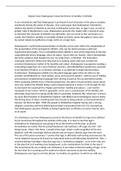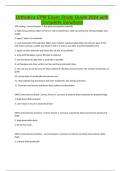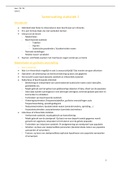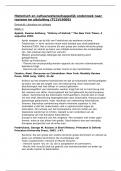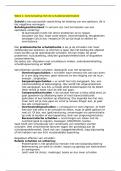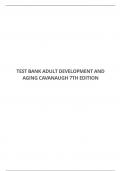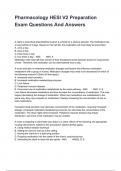Essay
OTHELLO A* ESSAY EXEMPLAR A Level English Literature (Edexcel)
- Module
- Unit 1 - Drama
- Institution
- PEARSON (PEARSON)
This product contains an essay plan that is two sides of A4. This A* essay response (30/35 marks) is based on the question ‘Explore how Shakespeare treats the theme of identity in Othello.’ This essay was rewarded for being a simple yet high-level response to the question, easy to digest and...
[Show more]
